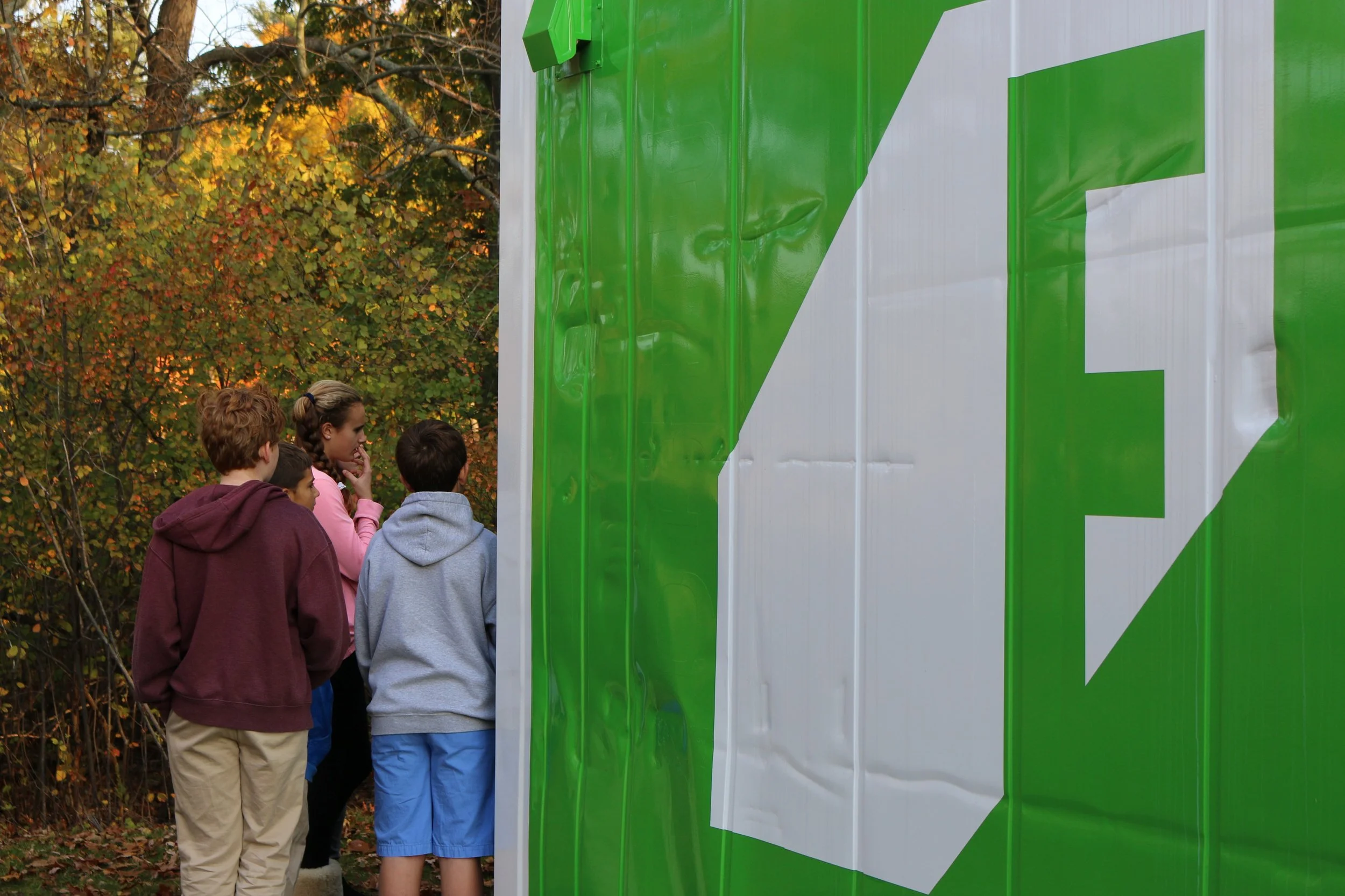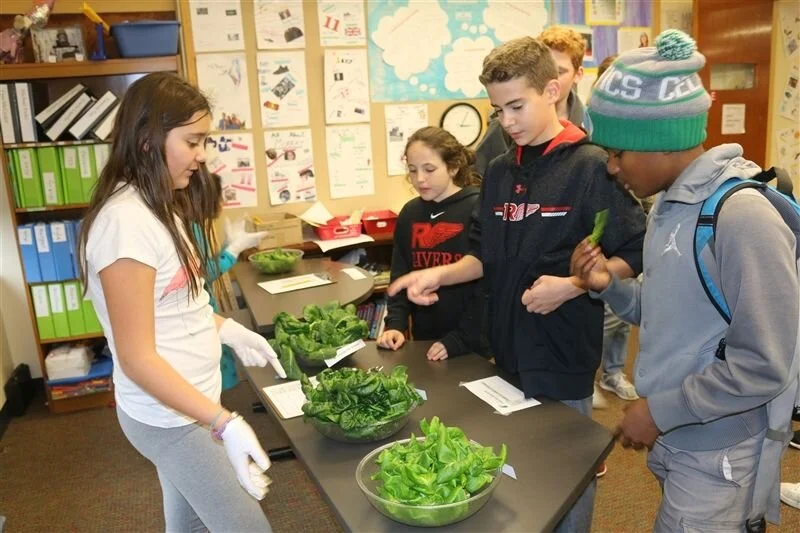By integrating container farming into their programs, Boys and Girls Clubs across the country are enhancing food security, promoting sustainability, and providing invaluable educational opportunities for young people.
Read MoreContainer farming allows food banks to grow fresh, local food year-round, reduce dependence on donations, and enhance community involvement through educational programs and volunteer opportunities.
Read MoreExplore the benefits and challenges of small-scale farming and how container farms can help increase food security, promote sustainability, and boost local economies.
Read MoreBy growing produce directly on-site with a container farm, zoos can feed their animals high-quality, nutrient-dense produce and minimize their environmental impact.
Read MoreIn this article, we explore the economic benefits of urban farming, including job creation, community development, enhancing local food systems, and many more.
Read MoreBy introducing a container farm directly on-site, zoos can grow nutrient-dense produce for their resident animals and boost conservation and sustainability initiatives.
Read MoreIn this article, we explore how hydroponics is transforming restaurant menus, focusing on some crops you can grow in the Greenery and unique recipes that highlight these fresh, locally-grown ingredients.
Read MoreContainer farming can elevate your guests’ dining experience with fresher, higher-quality ingredients while showcasing your commitment to sustainability.
Read MoreBy introducing hydroponic container farms directly on-site, food banks can enhance their ability to provide fresh, nutritious, and culturally relevant produce year-round.
Read MoreBy utilizing hydroponic container farming, hospitals can ensure a steady supply of high-quality, nutritious vegetables and herbs to meet their patients' dietary needs.
Read MoreIn this article, we examine the effectiveness of Freight Farms and traditional school gardens in K-12 settings and analyze their benefits, challenges, and impact on educational environments.
Read MoreIn this article, we explore how PTAs and Booster Clubs can successfully fund a Freight Farm, providing students with a cutting-edge learning tool that pushes the boundaries of traditional classroom education.
Read MoreK-12 schools can effectively leverage community partnerships and corporate sponsorships to fund the purchase of a Freight Farm and enhance their educational offerings.
Read MoreThrough crowdfunding platforms, K-12 schools can secure the necessary funds to bring a Freight Farm to their students, providing invaluable educational experiences beyond traditional classroom settings.
Read MoreIt’s crucial to recognize the potential of hydroponics in classroom settings beyond just science experiments. Hydroponic farming allows students to explore a variety of academic paths, such as science, technology, nutrition, environmental studies, and much more.
Read MoreBy integrating hydroponic farms, schools can reduce their environmental impact, provide fresh, local produce to their communities, and offer hands-on learning opportunities for students.
Read MoreAs universities worldwide are increasingly adopting sustainability initiatives, this article compares Freight Farms and traditional greenhouse gardens to determine which method of growing food is more suitable for universities based on technology, efficiency, cost, and educational value.
Read MoreIf you’re interested in bringing a Greenery™ to your community, you must familiarize yourself with local zoning regulations. In this article, we cover the zoning basics and our 7 tips for successfully navigating zoning laws to implement your container farm.
Read MoreUrban farming, traditionally seen as a method to combat food deserts and promote sustainability in city landscapes, has rooted itself within a novel environment: the educational sector. This integration of agriculture into daily learning activities is not merely about planting seeds but about sowing the fundamentals of science, responsibility, and teamwork among young learners.
Read MoreIn this guide, we break down the four steps to completing a crop cycle in our hydroponic container farm and the labor requirements you can expect.
Read More




















